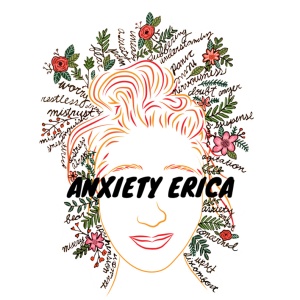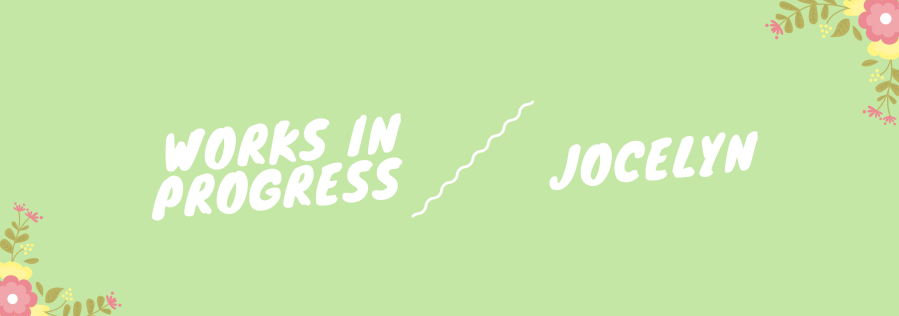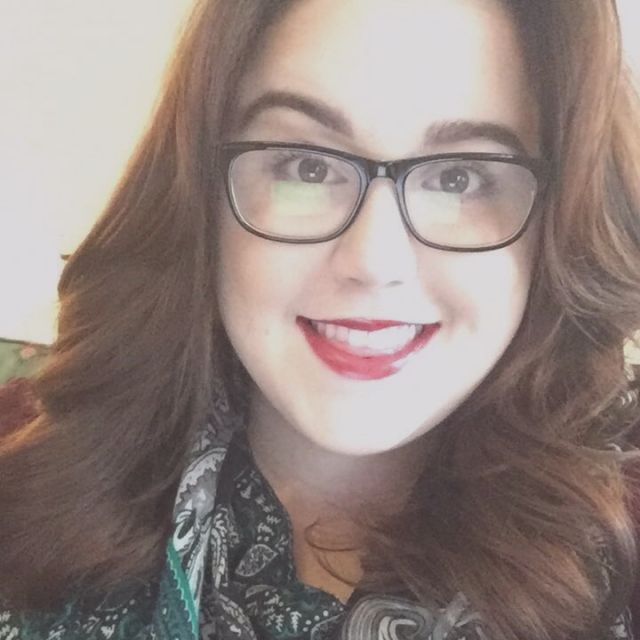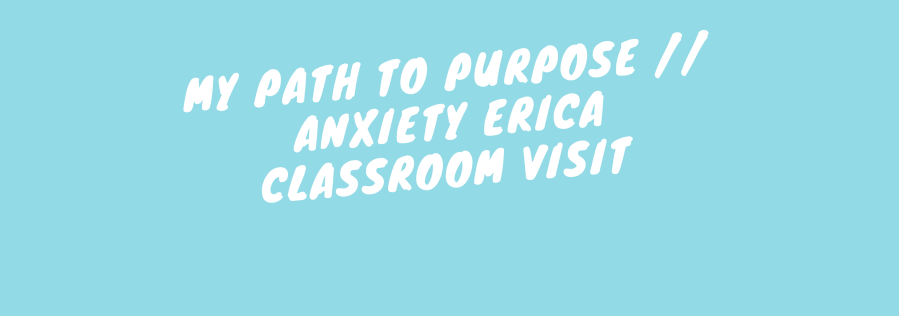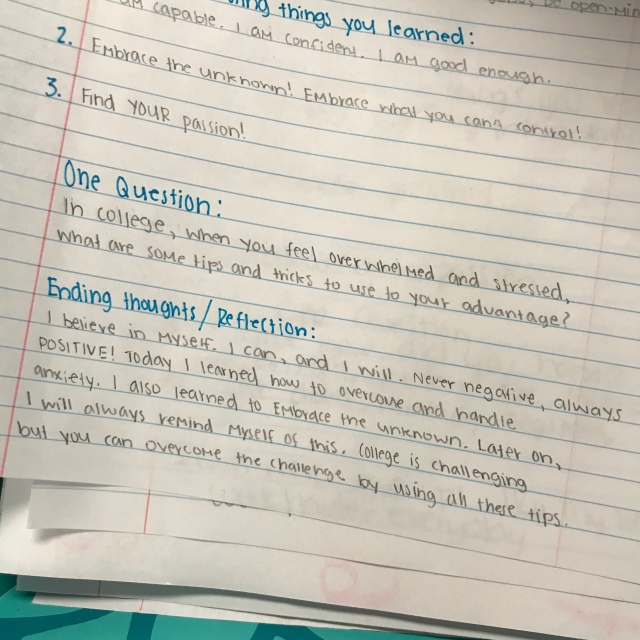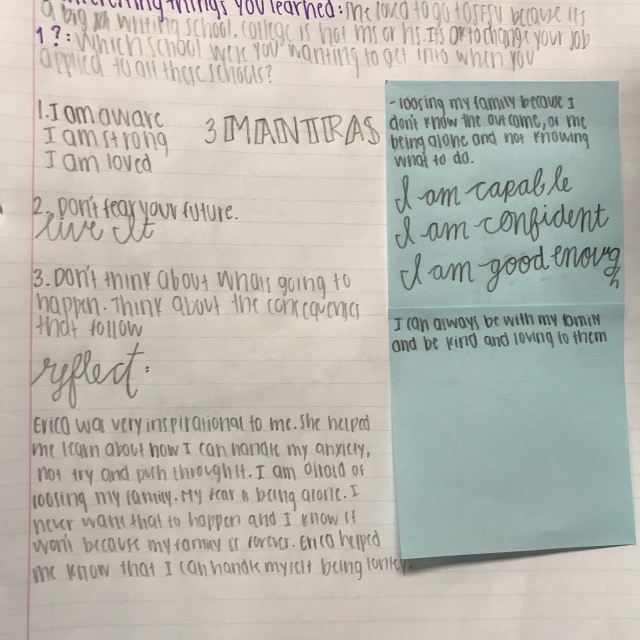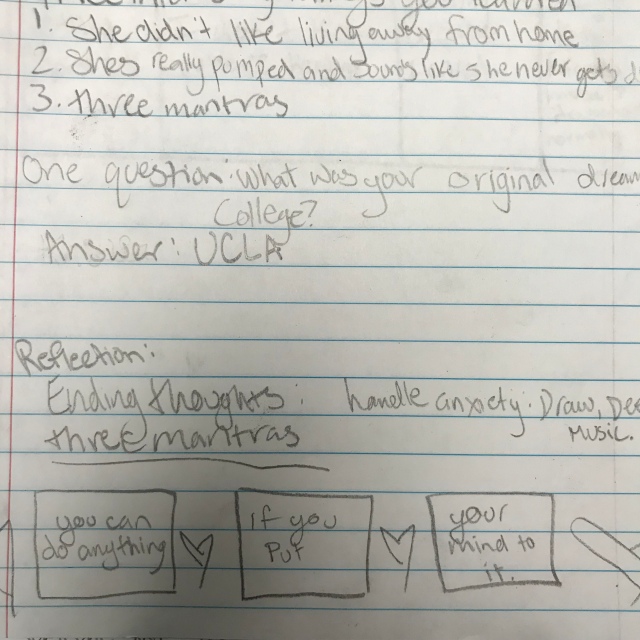A few months back, my good friend Grace interviewed me for a project she was doing. She wrote an article surrounding a creative person and I was seriously honored–and maybe a little terrified–that she chose me.
Once I had finished answering her questions, she sent me what she wrote and I’ll admit it, I was in tears. Grace has such a way with words, a way of describing the very spirit of someone’s soul that I felt so grateful to be seen by her. Here’s her article below:

“I threw out my back skiing in ’88. Never been the same since. Going to physical therapy now actually. 1988, that was one hell of a winter.”
“Yeah, just heading to my gyno again. You know, lady stuff going on down there that needs to get taken care of!”
“Can’t wait until these kids are 16 and can drive themselves. I have to pick them up from school, take one to tennis, one to saxophone lessons, get the dog from daycare…You know the routine.”
These are some classic lines you may have told your co-workers as you leave early on Wednesday, like you do every Wednesday, for your weekly therapy session.
Whether its a sense of shame, embarrassment, or denial, many people hesitate to tell others that they are seeing a therapist, a psychologist, a psychiatrist. But not Erica Arvanitis.
Erica, 26, is a proud ginger, a dog-mom, a puzzle maven, and take-no-prisoners, speak-your-truth, writing warrior. Her blog, Anxiety Erica, chronicles her journey with Generalized Anxiety Disorder (GAD) and shares the stories of others living with mental illness.
I met Erica when I was living in San Diego. She was a recent hire to the company I worked at and, truth be told, she was pretty hyper and an oversharer. Despite her incessant peppiness, we became friends and I soon saw that underneath all the enthusiasm, there was an awkwardness, a desire to connect, and a cocktail of insecurities, emotions, and fear. By all means, this was the ideal recipe for a starving artist but Erica loved avocados too much to ever go that route. So, instead, with a little bit of nudging from moi, she started therapy.
It was in therapy that she was diagnosed with GAD and was encouraged to express herself to others, not in energetic bursts of conversation, but on paper. Erica lived in a studio where the walls were lined with books and she never left home without the latest read in her bag, so turning to paper to help her deal with GAD simply made sense.
A year into therapy, she decided to share what she had written with the rest of the world and Anxiety Erica was created.
Now two years into therapy, Anxiety Erica serves as an platform to help herself heal and reflect on her own setbacks and discoveries. And while therapy is the main impact in her writing, she feels that connecting with her audience is something that both improves her writing and her own journey with GAD.
“I write about mental health because not only is it important to bring up, but because I know what it is like to feel alone. When I was first diagnosed with GAD, I felt like I was the only person in the world suffering through it,” Erica said when I got ahold of her to chat. “From writing for this blog and connecting with the people I have, it’s so clear there is a wonderful community that’s sprouted from such pain. If I can make just one person feel less alone in their journey, it’s all been worth it.”
Becoming a mental health author has also pushed her into becoming an advocate fighting against the stigmas around mental illness. Her “Works in Progress” series gives others the chance to share their own stories, both triumphant and not, of living with mental illness. She believes intertwining their tales with her own will help more people see they don’t suffer alone and will help combat stigmas by showing the diversity and breadth of people who struggle with their mental health.
Both Erica’s writing and advocacy have grown thanks to her readers. Many readers have brought up crucial topics that she might not have thought of and they help give new points of views that she never would have understood without them. But, she admits, her willingness to write honestly about her life has taught her some lessons in boundaries and how to balance sharing and recognizing when it’s okay to keep something only for yourself.
Erica is still pretty hyper, I think that just comes with the package, but she no longer fits the profile of the starving artist. Since starting therapy and writing her truth, her awkwardness has turned into elegance both on and off the page, she no longer strives to connect but does so every day through her words, and she has learned how to turn insecurities into confidence, how to examine her emotions, and how to face fear. Avocado in hand, she is a healthy artist which is a cliche that I’m much more keen to idolize and follow.
Erica knows that people aren’t as open as she about their mental health or even about attending therapy as she is. “I’m not ashamed…Therapy is still seen as something shameful to others, embarrassing, or like you ‘need help,’” she said with a Liz Lemon-style eyeroll. “But what if I do? It’s okay to reach out, it’s perfectly okay to need help. We can’t do it all and therapy is there to support us in our own self discovery.”
